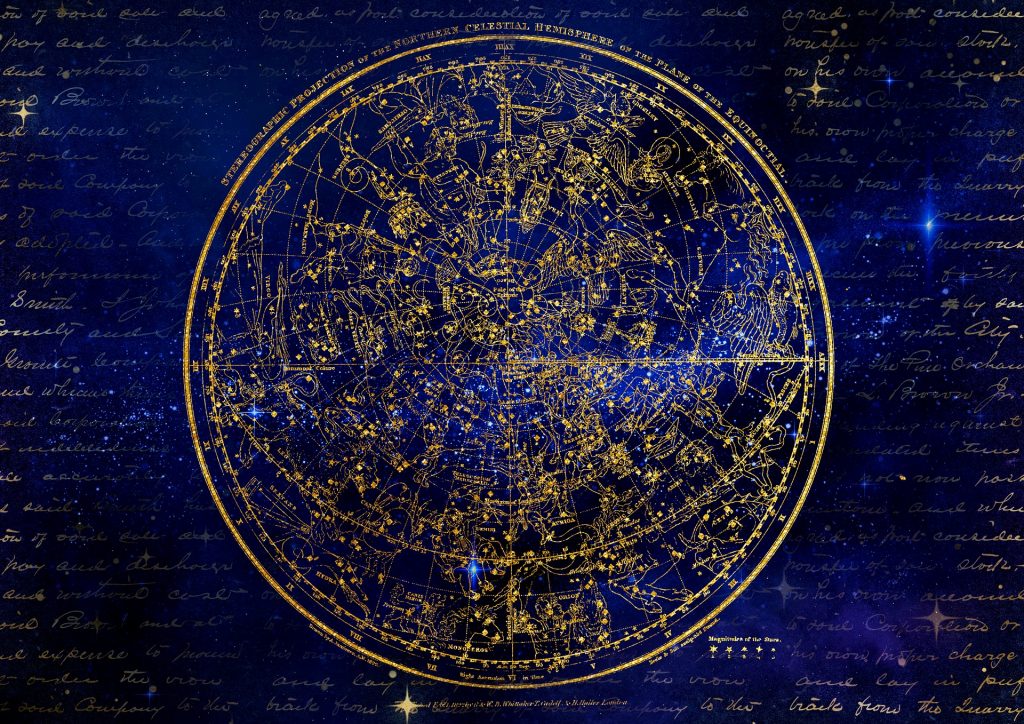Many years ago, I remember, in a French language course, we were shown a French TV report about the popularity of an institute in Paris that offered courses on Astrology. The whole report was so shocking to me, as I would never have expected that citizens of a country which is regarded as one of the cradles of modern rationalism in the history of thought would embrace superstitious beliefs as such so fervently.
I had forgotten this report until I met a friend who had studied science both in Iran and in Germany, and who showed a remarkable tendency toward believing astrological anticipations because of her personal experience, which had proved to her, on several occasions, the accuracy of such anticipations. In a discussion with my friend, I tried to explain away the matter of the occasional accuracy of astrological anticipations by referring to the fact that, sometimes, the mere belief that something is to happen, actually, makes it real. But honestly, I had no theoretical framework to support this claim of mine. The only examples that I had in mind came from two fictional works depicting how the darkest characters in those stories made their anticipated fate come true by simply believing the prophecies they had heard from some clairvoyants who had anticipated those fates, and how the actions conducted by those characters, which were originally meant to prevent their anticipated fates, did actually cause the realization of those anticipations. One of those two characters was, obviously, Lord Voldemort from the Harry Potter series whose story is known almost to everyone, and the other one was Rumpelstiltskin in Once upon a Time (an ABC adventure series), who, despite all his effort to prevent a clairvoyant’s prediction that his actions on the battlefield would make his son grow up fatherless, by mere belief in the words of that clairvoyant actively made his predicted fate come true. It was obvious to myself at that time that my argument based on two examples from two fictional works was not more convincing than the claims made by the believers of astrology!
It was not until I encountered the notion of “self-evidencing”, a key term in the field of Cognitive Science and widely explored by philosopher Jakob Hohwy and neuroscientist Karl Firston, that I found a theoretically plausible explanation for my above-stated claim. In simple terms, self-evidencing refers to a never-ending process in the life of every living being throughout which that living being assures oneself of one’s own existence by acting in the world in such a way that its predictions about the outside world and, in the case of the human subject, its inner convictions and belief systems, again and again, prove themselves to be true. In other words, I prove to myself that I really exist by adjusting my relationship to the outside world in a way that the outside world always responds to my expectations of it. Neuroscientists today are more and more convinced that the human brain, just like any living organism in the world, is actually a self-evidencing brain. Our inner convictions and our belief systems are so powerful in shaping our expectations of the world that they directly influence, not only our way of thinking, but also our perception or observation of “reality”. So, maybe, the human embrace of the culture of clairvoyance, which has lasted even to the present day, lies in the simple fact that the inner conviction to the truth of a prophecy one hears about one’s future actually affects one’s experience in the world in such a way that the expected future, through nothing but a cognitive error, appears to be unavoidable. Now, as soon as this cognitive error is recognized, and as soon as the human being learns about the power of one’s own beliefs, that is where, I assume, emancipation from the grip of fate occurs, and that is where the human being provided with an incredibly vast panorama of possibilities will be able to live one’s humanly authentic life.
[1] This is the title of a philosophical paper by Jakob Hohwy. For detailed information about this topic, see, Hohwy, Jakob, “The Self-Evidencing Brain”, in: Noûs, Vol.50, Issue 2, June 2016, pp. 259-285.

Nasrin Bani Assadi ist Doktorantin an der Universität Bonn.
#Astrology #science #brain #self-evidence #HarryPotter
